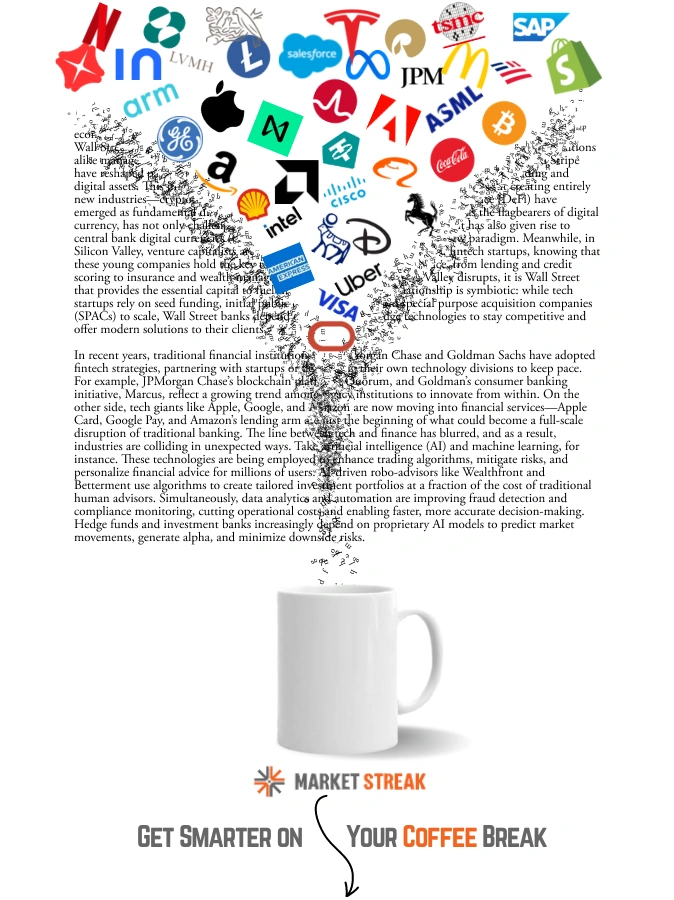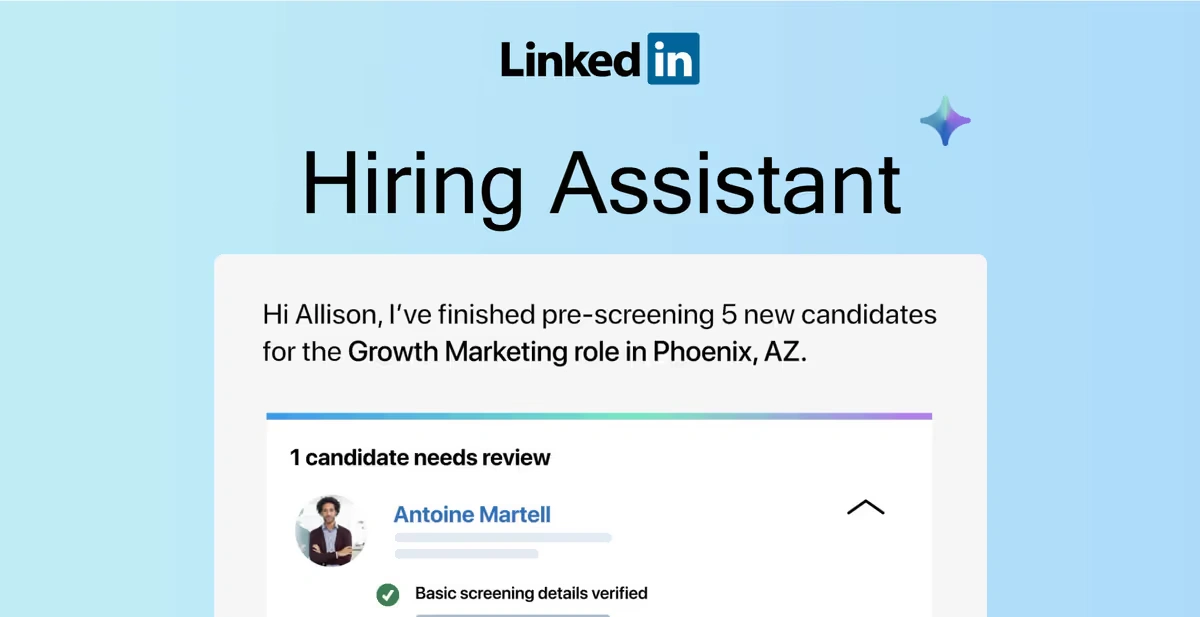PayPal
Q3 Report
Earnings
Financials

PayPal
Q3 Report
Earnings
Financials
PayPal's third-quarter earnings report, released on October 29th, revealed a mixed bag of results. While the company showcased significant growth in transaction volume, driven primarily by its popular Venmo platform and expanded debit card offerings, its revenue projections fell short of analyst expectations, leading to a dip in stock value. The company's strategy for future growth, however, shifted focus from its traditional peer-to-peer (P2P) model toward a broader two-sided payments technology platform.
Transaction Volume Soars, but Revenue Lags
The report highlighted a 9% year-over-year increase in total transaction volume, reaching a substantial $422.6 billion. This impressive growth was largely attributed to the success of Venmo, which experienced a remarkable 15% surge in transaction volume. The "PayPal Everywhere" initiative, a loyalty program offering 5% cashback on a chosen spending category, also played a crucial role in boosting customer engagement and transaction frequency. The program, launched with a high-profile advertising campaign featuring Will Ferrell, had already added 1 million debit cards to its base by early October. Consumers are primarily leveraging the cashback on groceries, gasoline, and restaurant expenses, mirroring current spending trends.
This aligns with recent consumer spending data indicating a strong preference for debit cards for everyday expenses, especially in-person transactions. A recent report shows that debit cards account for a significant portion of in-store purchases, particularly for groceries (41%) and dining (33%). This preference is consistent with PayPal's observation of a significant 13% year-over-year increase in debit card transaction volume.
Despite this substantial growth in transaction volume, revenue projections for the fourth quarter fell short of market expectations, ranging from an 8% to 10% increase. This shortfall, coupled with slower-than-anticipated growth rates, prompted a negative market reaction, causing the stock price to decline.
A Shift in Focus: Beyond P2P
The earnings call emphasized a strategic repositioning of PayPal, moving beyond its roots as a P2P payments leader towards a comprehensive payments technology platform catering to both consumers and merchants. This transition involves several key initiatives:
Buy Now, Pay Later (BNPL): PayPal's BNPL offering showed strong growth, with a 20% increase. However, its reach is currently limited, being integrated into only 5% of US checkout traffic. The company aims to significantly expand BNPL adoption among merchants during the fourth quarter and beyond. The executives expressed confidence in the long-term potential of this service.
Enhanced Merchant Services: The call highlighted PayPal's expanding suite of value-added services for merchants, encompassing payouts, risk management solutions, payment orchestration, guest checkout features, and personalized experiences. These additions are intended to attract new merchants and improve conversion rates. Executives described positive discussions with merchants regarding strategic growth opportunities.
Strategic Partnerships: PayPal highlighted several key partnerships aimed at bolstering its position in the payments ecosystem. These include collaborations with major players like Fiserv, Adyen, and Shopify on the payments processing side, and a partnership with Amazon for its "Buy with Prime" service, enhancing merchant offerings.
FastLane Checkout Technology: Significant investment and innovation in FastLane, PayPal's online checkout technology, were emphasized as key drivers of future growth. Executives highlighted the integration with the PayPal Everywhere program to increase both online and offline usage and create stronger customer habits.
Financial Outlook and Future Strategies
While the Q3 results exhibited strong transaction volume growth, the revenue forecast for Q4 fell below expectations. The company's leadership acknowledged this shortfall but maintained confidence in its long-term growth strategy. The core focus is to leverage its expanding suite of services for both consumers and merchants, build stronger strategic partnerships, and continue to invest in technologies like FastLane and Braintree. The expansion of the PayPal Everywhere debit card program is expected to drive additional transaction volume and enhance customer engagement.
Analysis of the Results
PayPal's Q3 results presented a complex picture. The robust growth in transaction volume, fueled by Venmo and the PayPal Everywhere initiative, points to the success of its core offerings and its ability to adapt to evolving consumer preferences. However, the failure to meet revenue expectations highlights the challenges the company faces in translating this transaction growth into increased profitability. The company's strategic shift toward becoming a broader payments platform suggests a recognition of these challenges and a proactive approach to future growth. While the success of this strategy remains to be seen, the focus on strategic partnerships, enhanced merchant services, and technology investments indicates a concerted effort to diversify revenue streams and capture a larger share of the evolving payments market.
The relatively limited penetration of its BNPL offering underscores the need for sustained effort to expand its merchant reach. The company's emphasis on enhancing customer engagement and building stronger relationships with merchants suggests a long-term commitment to establishing a sustainable and profitable business model. The success of PayPal's strategic pivot will ultimately depend on its ability to effectively execute its plans and adapt to the ever-changing dynamics of the digital payments landscape. The long-term success of its investments in technology and strategic partnerships will be a key indicator of its ability to sustain its market position and achieve long-term growth. The focus on both consumer engagement and expansion of services to merchants suggests a more holistic and sustainable approach to future growth.
SHARE



news
30th October 2024


news
30th October 2024

news
30th October 2024

news
30th October 2024


news
30th October 2024

news
30th October 2024

news
30th October 2024